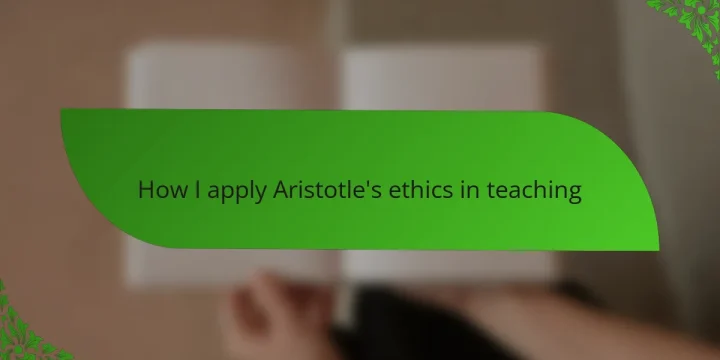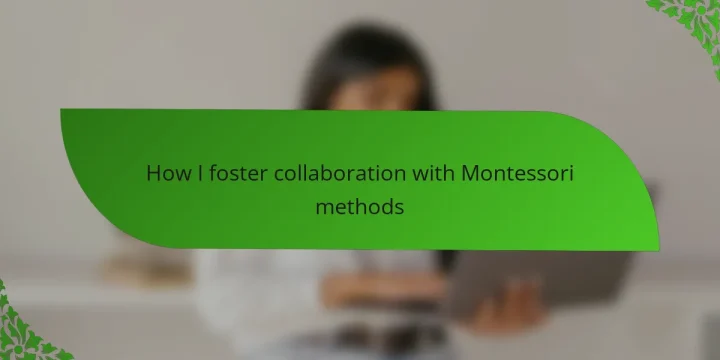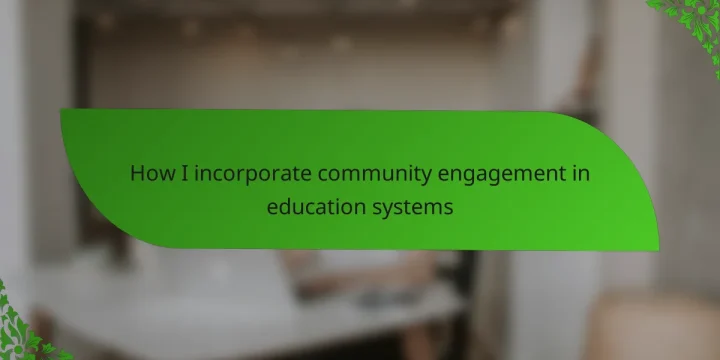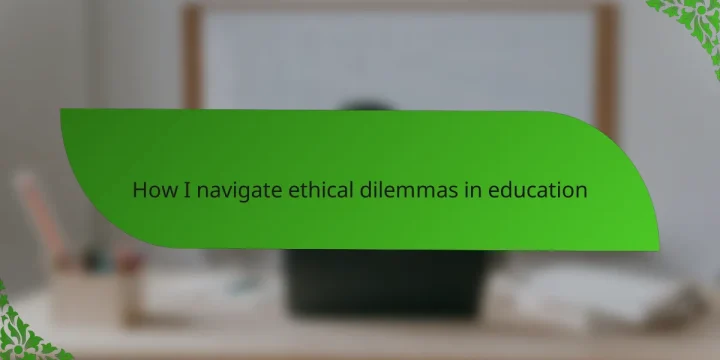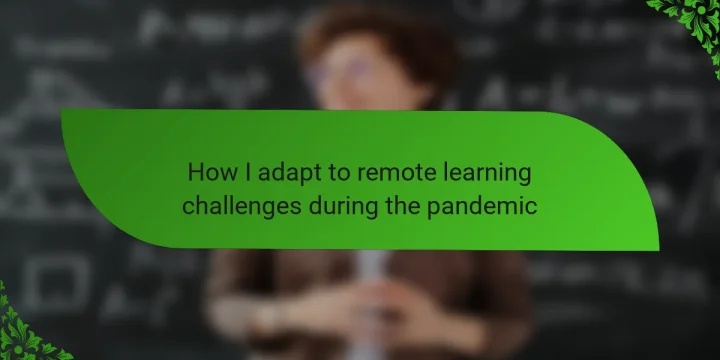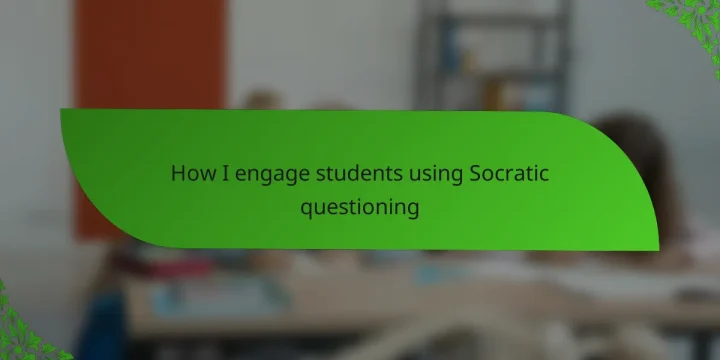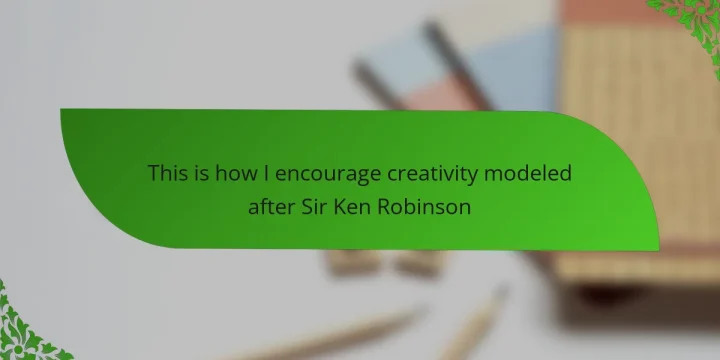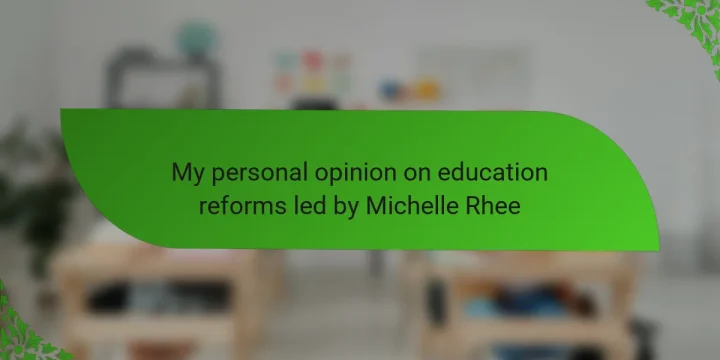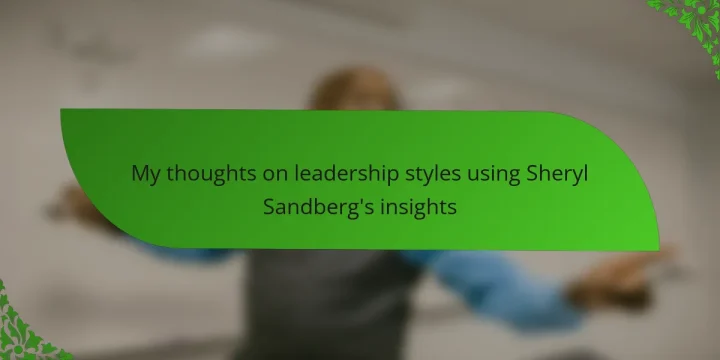
Key takeaways Leadership styles are unique and shaped by personal experiences, emphasizing the importance of authenticity and empathy. Sheryl Sandberg’s principles highlight vulnerability as a strength, encouraging leaders to create trust and open communication. Empathy and genuine connection are fundamental for effective leadership, fostering an environment for growth and motivation. Developing leadership skills requires hands-on practice and embracing challenges, contributing to resilience and adaptability. Understanding Leadership Styles Leadership styles are more than just labels; they are reflections of how we connect with others and inspire action. I’ve often wondered: what makes one leader’s approach resonate deeply while another’s falls flat? In my experience, understanding these differences is the key to meaningful leadership. When I reflect on various leadership styles, I see them as unique fingerprints—each shaped by values, experiences, and…
